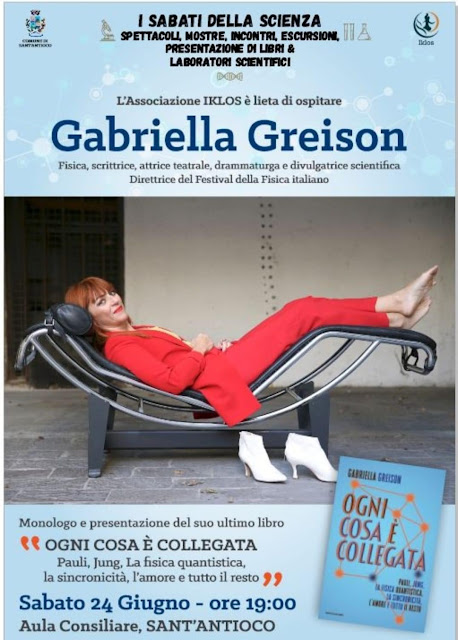Tracing the Past: nomi, numeri e mappe per la memoria
Mapping the lives è un progetto dedicato alla creazione di biografie, mappe on-line e applicazioni per smartphone per la ricostruzione degli indirizzi stradali residenziali di tutte le vittime note del regime nazista, perseguitate per motivi razziali, di religione, di opinioni politiche, di orientamento sessuale e sociale, per incapacità fisica o mentale, per aver partecipato alla resistenza. I dati personali saranno ampliati con biografie, fotografie e collegamenti con altri membri della famiglia. L'obiettivo è la ricostruzione virtuale di mappe europee del periodo 1933-1945. Il progetto intende restituire alle vittime del nazisti un luogo fisico di riferimento, una "casa", un indirizzo stradale che per molti è l'ultima traccia rimasta della loro vita.
Tracing the Past è un'organizzazione non profit fondata nel 2014 a Berlino con lo scopo di mappare le vite delle vittime della Shoah.
Tracciare il crimine nazista (Il Sole 24 ore, 24 Gennaio 2016)
(Never forget where you live. Roderick Miller. TEDxVienna)
Roderick Miller is a co-founder of Tracing the Past e.V., a non-profit organization based in Berlin, whose project “Mapping the Lives” proposes to publish the biographies of the victims of the Holocaust by residential address online. Miller is a published historian and a professional translator, specializing in the Holocaust and Forced Labor in the Second World War.
Mapping the Lives is a proposed project dedicated to creating biographies, online maps and smartphone applications pinpointing the residential street addresses of all known victims of the Nazi Regime who were persecuted for reasons of race, religion, political views, resistance, sexual orientation, social orientation, and physical or mental incapacity. Their personal data will be expanded with biographies, photographs and links to family members, implementing crowd sourcing for additional material. The goal is to virtually recreate the neighborhoods of 1933-1945 Europe on a grass-roots level, which will reach the current residents of Europe in a way that no list of names in a typical memorial book possibly could: It gives the victims of the Nazis back a physical place, a "home," and for many persecuted Europeans, a street address is the last remaining trace of their lives.
Tracing the Past è un'organizzazione non profit fondata nel 2014 a Berlino con lo scopo di mappare le vite delle vittime della Shoah.
Tracciare il crimine nazista (Il Sole 24 ore, 24 Gennaio 2016)
(Never forget where you live. Roderick Miller. TEDxVienna)
Roderick Miller is a co-founder of Tracing the Past e.V., a non-profit organization based in Berlin, whose project “Mapping the Lives” proposes to publish the biographies of the victims of the Holocaust by residential address online. Miller is a published historian and a professional translator, specializing in the Holocaust and Forced Labor in the Second World War.
Mapping the Lives is a proposed project dedicated to creating biographies, online maps and smartphone applications pinpointing the residential street addresses of all known victims of the Nazi Regime who were persecuted for reasons of race, religion, political views, resistance, sexual orientation, social orientation, and physical or mental incapacity. Their personal data will be expanded with biographies, photographs and links to family members, implementing crowd sourcing for additional material. The goal is to virtually recreate the neighborhoods of 1933-1945 Europe on a grass-roots level, which will reach the current residents of Europe in a way that no list of names in a typical memorial book possibly could: It gives the victims of the Nazis back a physical place, a "home," and for many persecuted Europeans, a street address is the last remaining trace of their lives.




Commenti